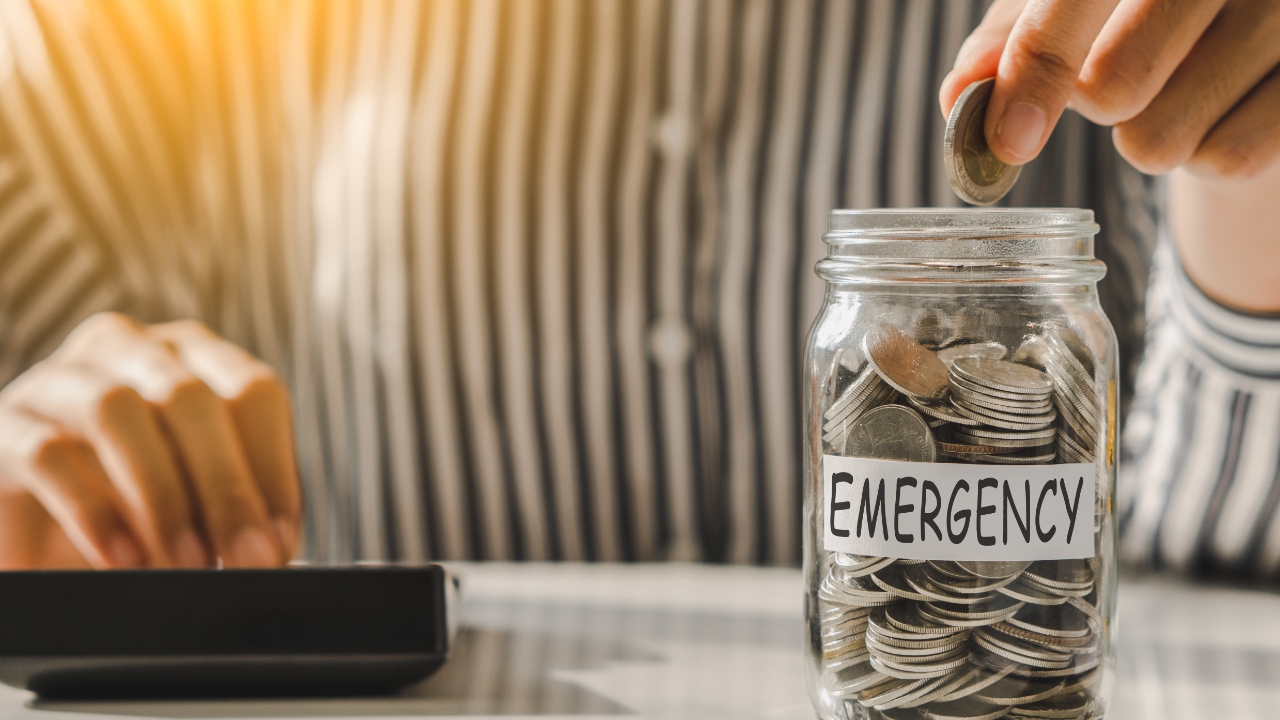One of the most common pieces of advice you’ll hear from finance or budgeting experts: Make sure you build and maintain an emergency fund.
It’s a safety net, essentially — a savings account set up so you’re prepared for and protected from unexpected expenses, like medical issues or a sudden loss of income.
Three quick reasons why setting up an emergency fund is so helpful:
- They can keep you from having to turn to higher-interest debt, like credit cards, to cover unexpected expenses.
- They can help protect your credit score, since a higher debt-to-income ratio tends to have a negative impact.
- They can bring peace of mind, since you know you’re prepared if expenses pop up.
If you don’t have an emergency fund, or you’re struggling to get savings momentum, these suggestions should help.
1. Set an emergency fund goal.
Most financial experts recommend building an emergency fund that’s equivalent to three to six months’ worth of living expenses. As goals go, this expert-recommended one is a fine choice.
Calculate your monthly expenses (needs and non-negotiable but reasonable wants) and multiply that amount by the number of months you want to save for. There’s your target.
2. Cement a monthly savings plan.
You know your goal; now you have to work toward it. Calculate a monthly contribution that fits your budget and puts you on a path of progress, then set up an automatic transfer from your checking account to your savings account.
The automatic transfer makes it easier to stick to your plan, and more likely that you’ll hit your goal faster.
3. Trim your expenses, redirect the savings.
Take a closer look at your monthly spending. Is there excess to trim? Are there subscriptions you don’t use or need? Are there splurges — like eating out or entertainment — that you’d be willing to cut back on for a little while you work toward your goal? Take any cuts you make and add that to your emergency fund transfer.
4. Lock down that savings account.
You’ll never hit your target if you dip into your emergency fund for non-emergencies. If you’re just starting to save and your budget is limited, it’s better to start small and gradually increase than to get into the habit of using your emergency fund.
Bonus tip: Get help choosing the right savings account.
Our team is invested in you reaching your savings goals, and it’s likely we’ll have recommendations for tools, approaches or specific types of savings accounts that can help you get there.
We’re here to be a resource — just let us know what you need. Visit us at your closest Merchants & Marine Bank location or contact our community bankers online.



